 |
| Teachers enthusiastically teach vocational skills to people with disabilities. Photo: LAM PHUONG |
Second home
For over 10 years, the center has become a second home for two brothers, Dang Cong Vu (born in 1989) and Dang Cong Hung (born in 1998). In 2012, Vu was brought to the center by his family to learn a trade. In 2014, the family continued to send Hung to the center for care. Both brothers are mentally disabled with symptoms of hyperactivity, autism, and developmental delay. To create conditions for Vu and Hung to learn a trade, the center accepted them and arranged for them to stay in a dormitory for convenient care and living. Vu attended a macrame class, Hung learned silk printing and had a monthly income to take care of himself. Similarly, in 2023, Tran Thi Huong Duong (born in 2000) was brought to the center by her family to learn embroidery.
In mid-2024, her parents unfortunately passed away due to a serious illness, leaving Duong and her younger sister to go to school. Since then, Duong has stayed at the center, considering it her second home. Determining that this is a special case that needs long-term care, the center helped Duong open a savings account in her name, regularly mobilized donors to support the expenses, and deposited the monthly income from embroidery into the savings account to cover expenses when she is sick.
Ms. Nguyen Thi Le Tuyet, acting director of the center, said that the center is currently caring for, nurturing, and teaching 52 children, divided into 5 vocational classes. Of which, there are 15 sewing classes, 8 silk printing classes, 12 embroidery classes, 12 incense making classes, and 5 macrame classes. All of the children have one or more types of disabilities: deafness, motor disabilities, mental retardation, etc.
To facilitate the integration of the children, immediately after admission, the center arranges thoughtful accommodation and food, and allows the children to access the jobs at the center to assess their level of understanding in order to find a suitable job for each child. With the characteristics that most of the children are disabled, the center assigns staff to work every night, has security cameras, and focuses on a nutritional regimen suitable for each child's physical condition. In particular, staff and teachers regularly guide the children to be independent and clean up after themselves in the vocational classroom, bedroom, dining room, and restroom.
Efforts for the disadvantaged
To improve the quality of nurturing and vocational training for disabled youth, the center builds a close relationship with parents. All vocational classes have an internal zalo group between teachers and parents to exchange information about the learning and living situation of each child. In particular, on the 15th of every month, the center organizes birthday parties for children born in the month, bringing a warm and joyful feeling to the disabled.
The center representative said that the center is operating under an autonomous mechanism, relying on service production sources and mobilization from organizations, individuals, and benefactors. Currently, the disabled people at the center make incense for the cemetery management boards of districts and towns in the city with a quantity of 116kg/month and process incense for a business with a quantity of 300kg/month. In addition, they make embroidery products, print invoices, sew handbags, make cards, souvenirs, and decorations with a total income of about 22 million VND/month. This amount is used to maintain the activities of nurturing, vocational training, and training for the disabled people themselves to participate in production.
To have more resources to raise the children, the center regularly mobilizes organizations, individuals, and benefactors at home and abroad to support funding and necessities. In 2024, the center received more than 1.31 billion VND from organizations and individuals. In particular, the center regularly welcomes volunteer groups, clubs, and benefactors to exchange, participate in activities, and give gifts, contributing to improving the material and spiritual life of people with disabilities. Ms. Tuyet said that in order to have more income to serve the education of people with disabilities, the center is maintaining vocational classes well and increasing the search for more orders for processing and production.
In addition, research and supplement new designs and products to suit the needs and tastes of customers to increase product output. In particular, in June 2025, the center opened a literacy class for the disabled, helping them expand their future. At the same time, open a production area at the center, receive processing of items: masks, gloves, incense making... creating conditions for the disabled after graduation to have a place to work and have income to take care of themselves.
Chairwoman of the City Red Cross Society Le Thi Nhu Hong said that, faced with the difficulties in finding outlets for products of people with disabilities, the City Society is coordinating with donors to implement the model of “Charity Booths” in schools and residential areas. Thereby, helping to find outlets for products of the Red Cross Center for the Elderly and the Disabled, contributing to generating revenue to maintain the activities of nurturing, caring for and vocational training for people with disabilities.
“In the coming time, 200 schools in the city will have “Charity booths” and assign them to youth organizations and teams to manage and sell the products. In residential areas, the City Association will look for members with difficult circumstances but who meet the conditions to sell these items to sponsor “Charity booths” to help sell products for people with disabilities and earn extra income to improve their lives,”
Mrs. Hong said.
LAM PHUONG
Source: https://baodanang.vn/xa-hoi/202506/mai-nha-chung-cua-thanh-nien-khuet-tat-4008194/








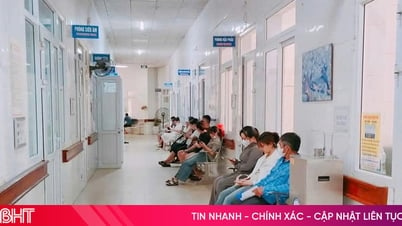

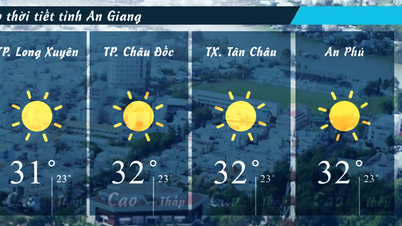



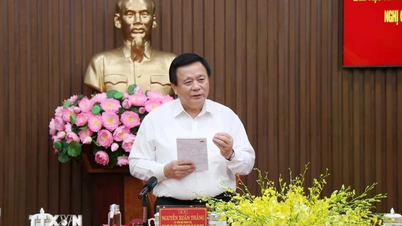


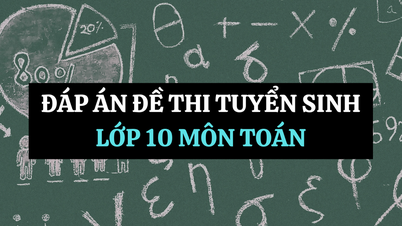





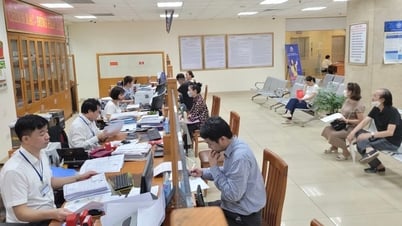

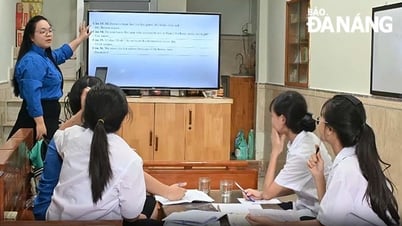
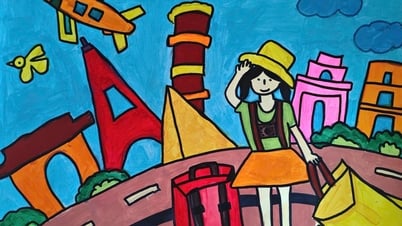

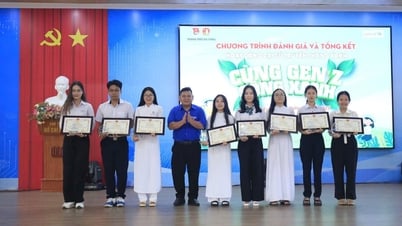

































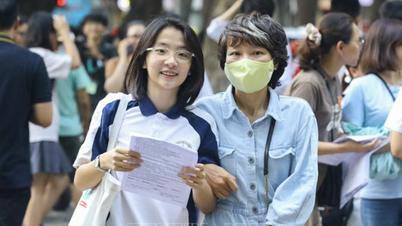
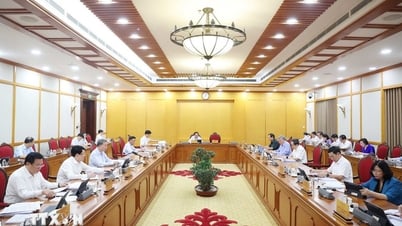












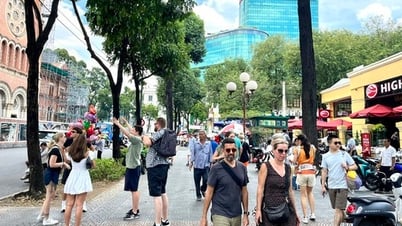




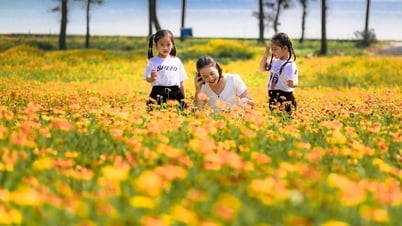







![[OCOP REVIEW] Tu Duyen Syrup - The essence of herbs from the mountains and forests of Nhu Thanh](https://vphoto.vietnam.vn/thumb/402x226/vietnam/resource/IMAGE/2025/6/5/58ca32fce4ec44039e444fbfae7e75ec)



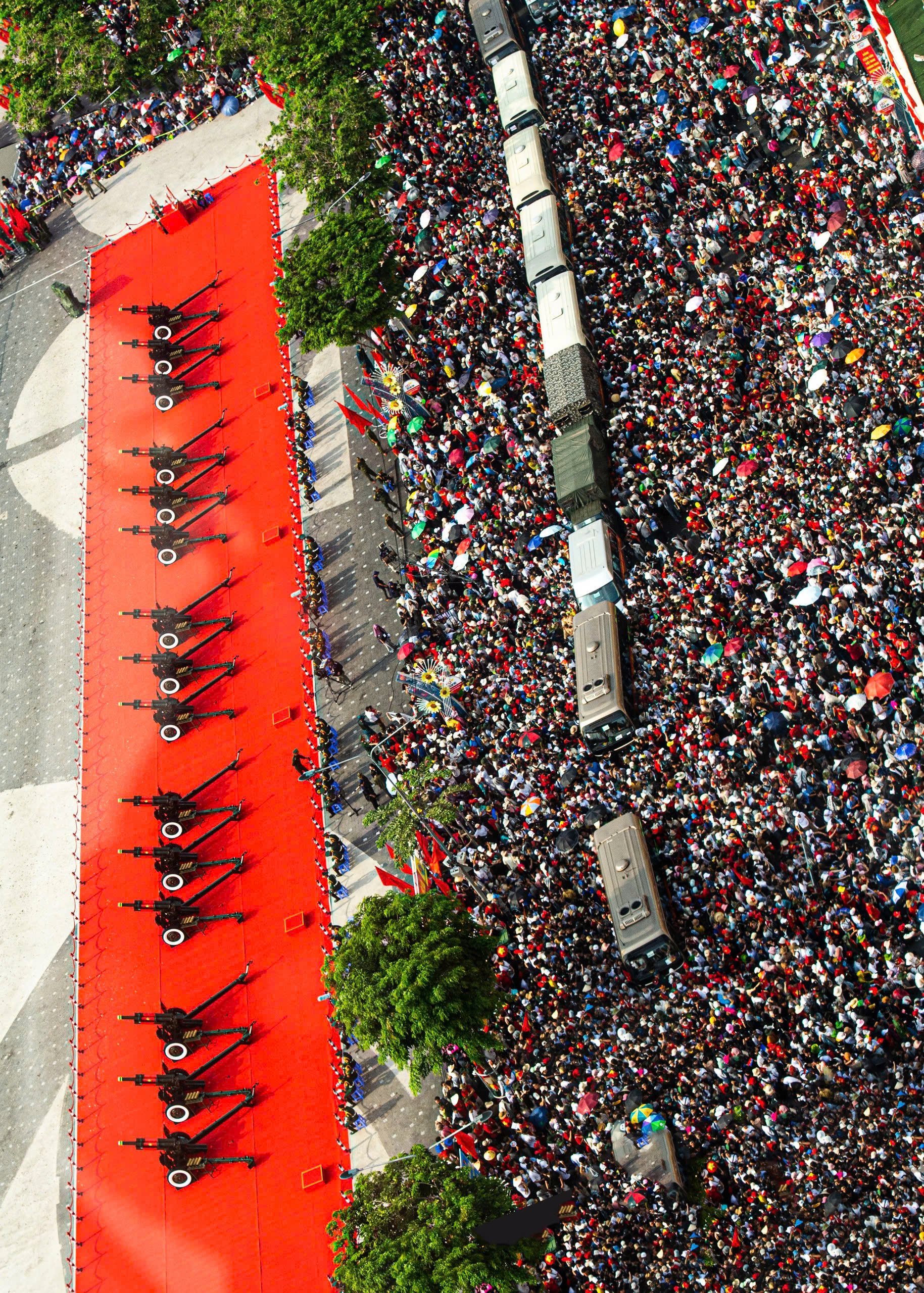
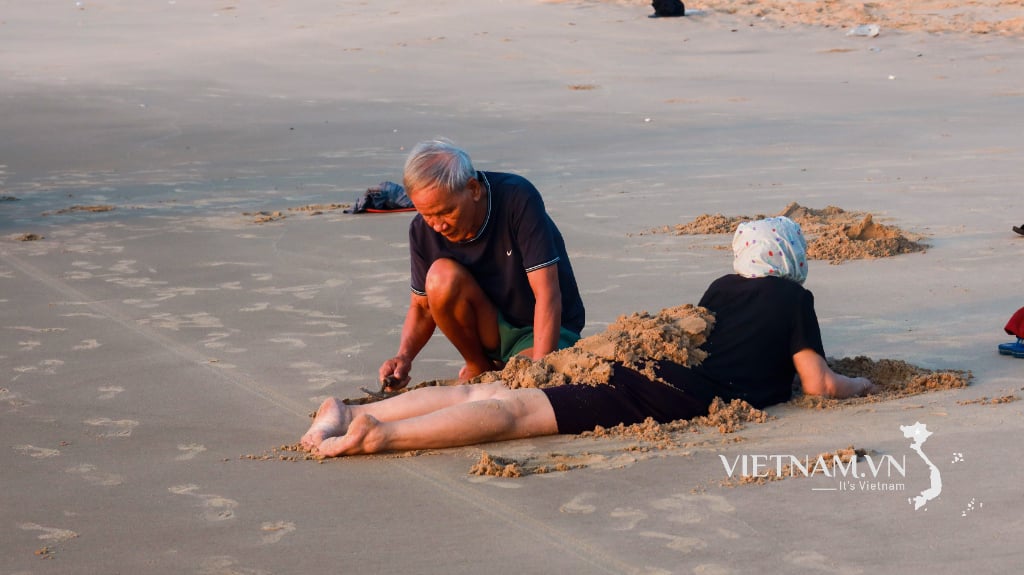

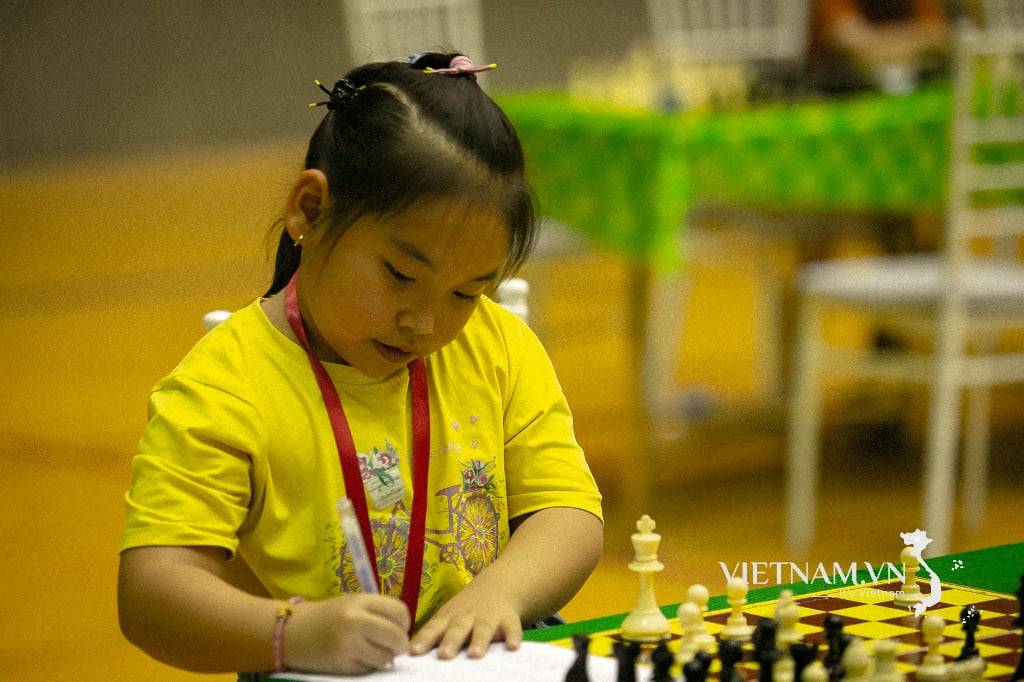
Comment (0)